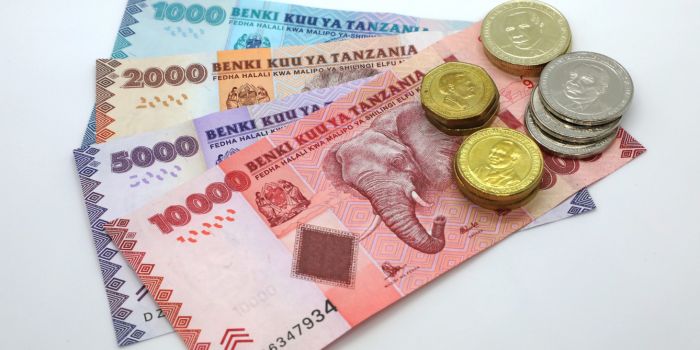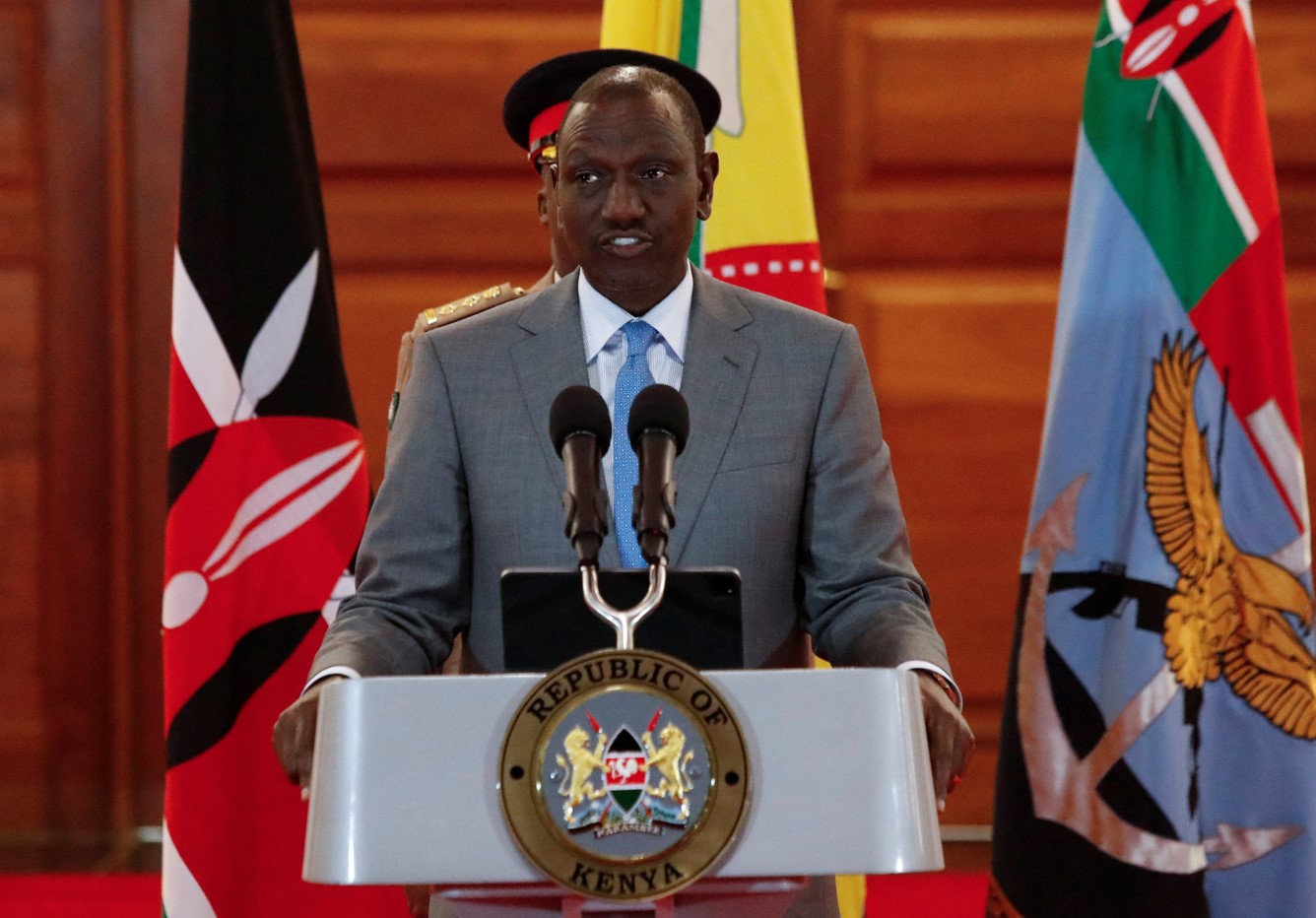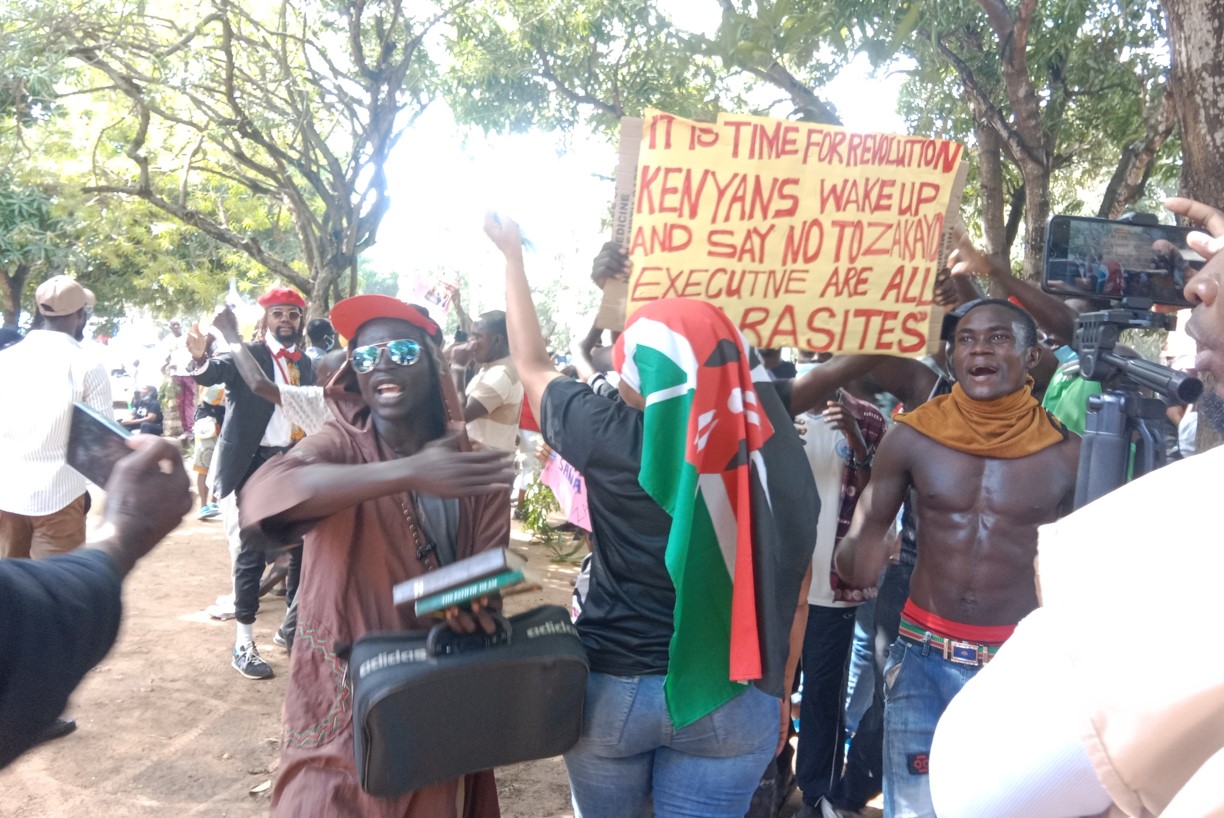Tanzania orders all transactions in local currency to curtail US dollar supremacy

By Alfred Onyango |
According to Finance Minister Mwigulu Nchemba, the move aims to curb the widespread use of dollars within the country to address the economy's critical challenges stemming from forex pressures.
To ease forex pressure on debt and the value of the local currency, Tanzania has issued a directive mandating all transactions be advertised and conducted in Tanzanian shillings.
According to Finance Minister Mwigulu Nchemba, the aim is to curb the widespread use of dollars within the country to address the economy's critical challenges stemming from forex pressures.
"Dollarisation has had substantive detrimental effects on the economy, even as public and private institutions continue to demand payments in dollars for goods and services provided locally," Nchemba said in his budget speech on June 13.
"This has exacerbated the shortage of dollars, thus hindering economic progress."
Nevertheless, he reiterated the importance of reducing reliance on imports and fostering domestic production to conserve foreign currency reserves and bolster economic growth.
He decried the practice of some institutions, including governmental bodies, requiring Tanzanians to pay fees, rent, work permits, licences and other charges in dollars.
The development came amid heightened talks of de-dollarisation in sub-Saharan Africa.
According to Tatonga Rusike, a Sub-Saharan economist at the Bank of America, African countries' reliance on the dollar is increasing macroeconomic pressures from elevated debt levels, high borrowing costs and weak growth.
Rusike emphasises the importance of reducing foreign or US dollar activity in domestic financial systems to promote stability, lower inflation, and increase lending in local currencies.
He says that some countries in the region, like Angola, have as much as 50 per cent of foreign loans and deposits in local markets, posing risks to financial intermediation and monetary policy transmission.
He cautions, however, that the de-dollarisation drive could have negative implications for financial intermediation and monetary policy transmission.
Kenya's President William Ruto, has also been championing the abandonment of the globally bullish US dollar by signing up for a pan-African payments system to facilitate trade within the continent.
Ruto has increasingly urged his peers in Africa to mobilise central and commercial banks to join the Pan-African Payments and Settlement System (PAPSS), which was launched in January 2022.
The East African Community (EAC) has also stepped up the push for member states to adopt local currencies in trade.
For instance, a resolution recommending the EAC use local currencies to boost cross-border trade was tabled last year.
The recommendation to the EAC's Council of Ministers and partner states adds to the push by emerging and frontier economies to dump the use of dollars in settling cross-border trade.
Before you go, how about joining our vibrant TikTok and YouTube communities for exciting video stories?

















